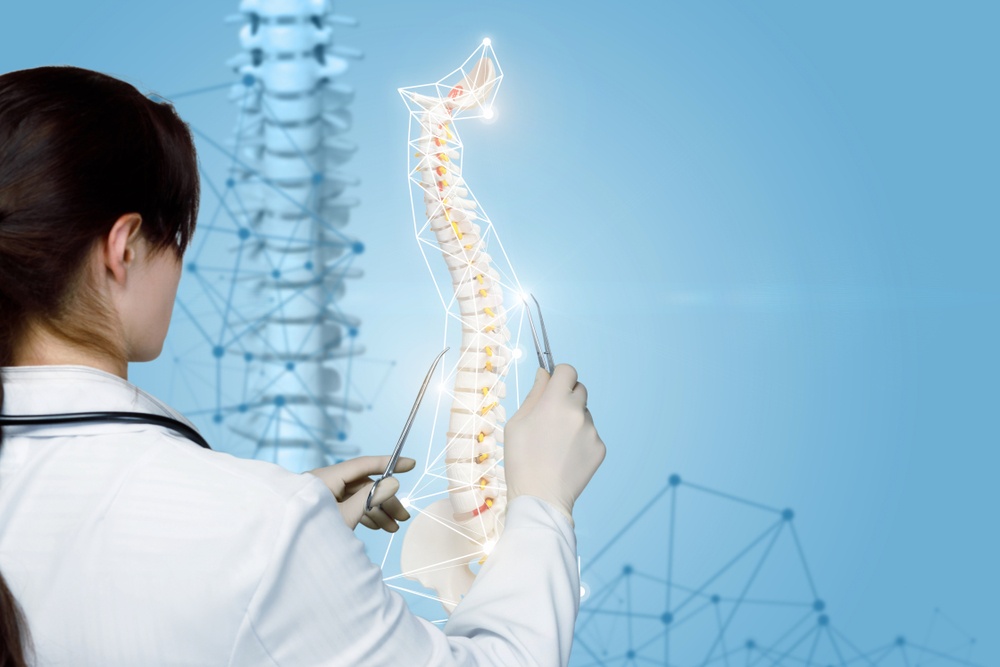



Get new exclusive access to healthcare business reports & breaking news




Pear Therapeutics has announced a number of licensing deals and purchases, but one to look out for is the acquisition of two clinical-stage digital therapeutics for the treatment of acute and chronic pain from Firsthand Technology.
The virtual pain relief applications, COOL! and GLOW! use virtual reality pain relief through a combination of distraction, active physical engagement, mindfulness and biofeedback with wearable sensors.
According to Firsthand Technology, a study on pancreatic cancer patients at Providence Cancer Center showed that patients who used COOL! and GLOW! reported 30 percent less pain, used 20 percent fewer opioids, and the hospital tracked a significant reduction in patient costs. A study testing COOL! with chronic pain, patients reported a mean of 60 percent less pain during the VR sessions, with a total reduction of 33 percent less pain after the VR session compared to the pre-session baseline.
COOL! distracts patients from pain or anxiety by having them play games with virtual otters. Biofeedback GLOW! transports users to a world of play with magic and light. Underneath the hood, GLOW! uses heart rate and biofeedback to help reduce pain and stress, while patients practice mindfulness and self-control.
On its website, Firsthand says it has shown the benefits of VR analgesia in many settings and recognizes that healthcare is ready for a quantum leap to propel VR pain relief as a mainstream therapy. The need for VR analgesia is particularly pressing today; doctors are searching for safe and effective non-opioid alternatives to manage pain.
“We are excited by the potential for Pear to bring the benefits of Fisthand’s VR experiences to much wider use,” Firsthand says.
Howard Rose, Firsthand CEO, said: “Innovation is in our DNA. VR is a game-changer that can make wellness more targeted and personalized for patients and gives doctors a powerful new tool to transform the practice of physical and mental health. We remain dedicated to creating new digital solutions that help us all be healthier, smarter and happier.”
Business Insider reported that Pear already has an interest in VR. It has a VR-powered therapy for PTSD that’s still in a trial phase. The website said gaining access to products that leverage VR to tackle pain was a clever bet for Pear, since there was ample evidence showing that VR is an effective solution for pain management.
As it is, the U.S. Food and Drug Administration has called on manufacturers to enter a program meant to accelerate the innovation of medical devices targeting opioid addiction. One such innovation is how hospitals can deepen the use of VR to manage pain.
In other deals, Pear licensed content for a clinical-stage digital therapeutic that has demonstrated clinical utility in four randomized studies in over 600 patients with irritable bowel syndrome (IBS) from leading researchers from the Karolinska Institute.
“This product candidate employs cognitive-behavioral therapy (CBT) and other methods for treating IBS. This collaboration also includes plans to develop PDT product candidates for the treatment of other gastrointestinal and autoimmune disorders,” Pear said in a statement.
Pear also licensed a clinical-stage digital therapeutic for the treatment of migraine headaches from Cincinnati Children’s Hospital Medical Center. The company licensed machine learning-based voice digital biomarkers from Winterlight Labs, an innovator of technology that analyzes and assesses cognitive health.
The company also licensed technology to develop and clinically validate digital biomarkers for a variety of diseases, including Alzheimer’s disease, depression, insomnia, schizophrenia, opioid use disorder, and substance use disorder.
Pear is collaborating with NeuroLex Laboratories to collect structured voice data in patients with depression, as well as healthy volunteers. Neurolex is the developer of SurveyLex, a pioneering platform to create and distribute voice surveys. Pear intends to develop a library of real-world data from which insights may be derived to enhance the efficacy of Pear’s PDTs.
In a statement, Pear Therapeutics said the acquisitions further support its strategy to create the broadest and deepest toolset for the development of Prescription Digital Therapeutics (PDTs) that redefine the standards of care in a range of therapeutic areas. It said that, with these new technologies, the company was positioned to develop PDTs in new disease areas, while leveraging machine learning to personalize and improve its existing PDTs.
Corey McCann, President and Chief Executive Officer of Pear said accessing external technologies would allow the company to continue to broaden the scope and efficacy of PDTs.
Alex Pentland, an expert in voice analytics and MIT Professor, said: “The field of digital health is evolving rapidly, and PDTs are going to increasingly play a big part because they are designed to allow doctors to treat disease in combination with drug products more effectively than with drugs alone. For PDTs to make their mark in healthcare, they will need to continually evolve. Machine learning and voice biomarker algorithms are key to guide that evolution and personalization.”
Pear Therapeutics appears to be making it a habit to begin the year with a bang. In January 2019, the company announced the closure of a $64 million Series C financing–barely a month after receiving the thumbs-up from the FDA for reSET-O, its prescription software for the treatment of opioid use-related addiction disorder.